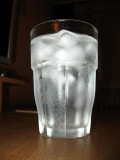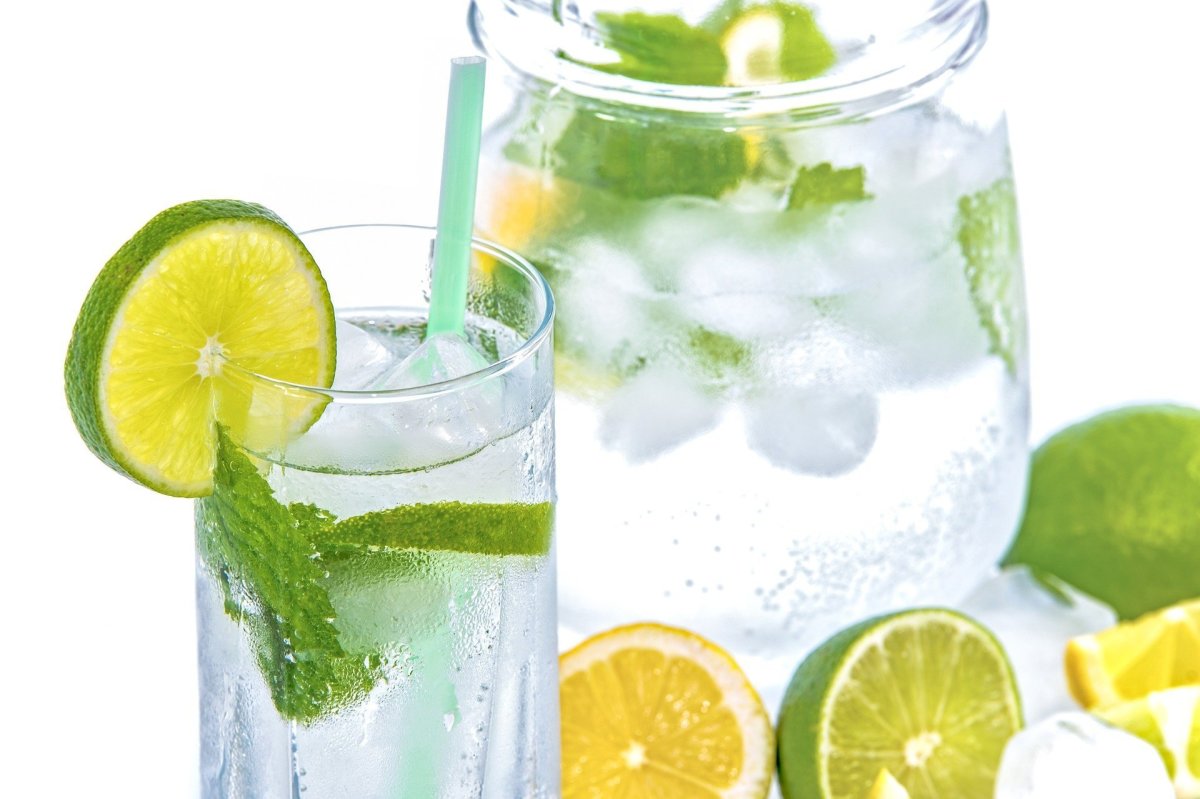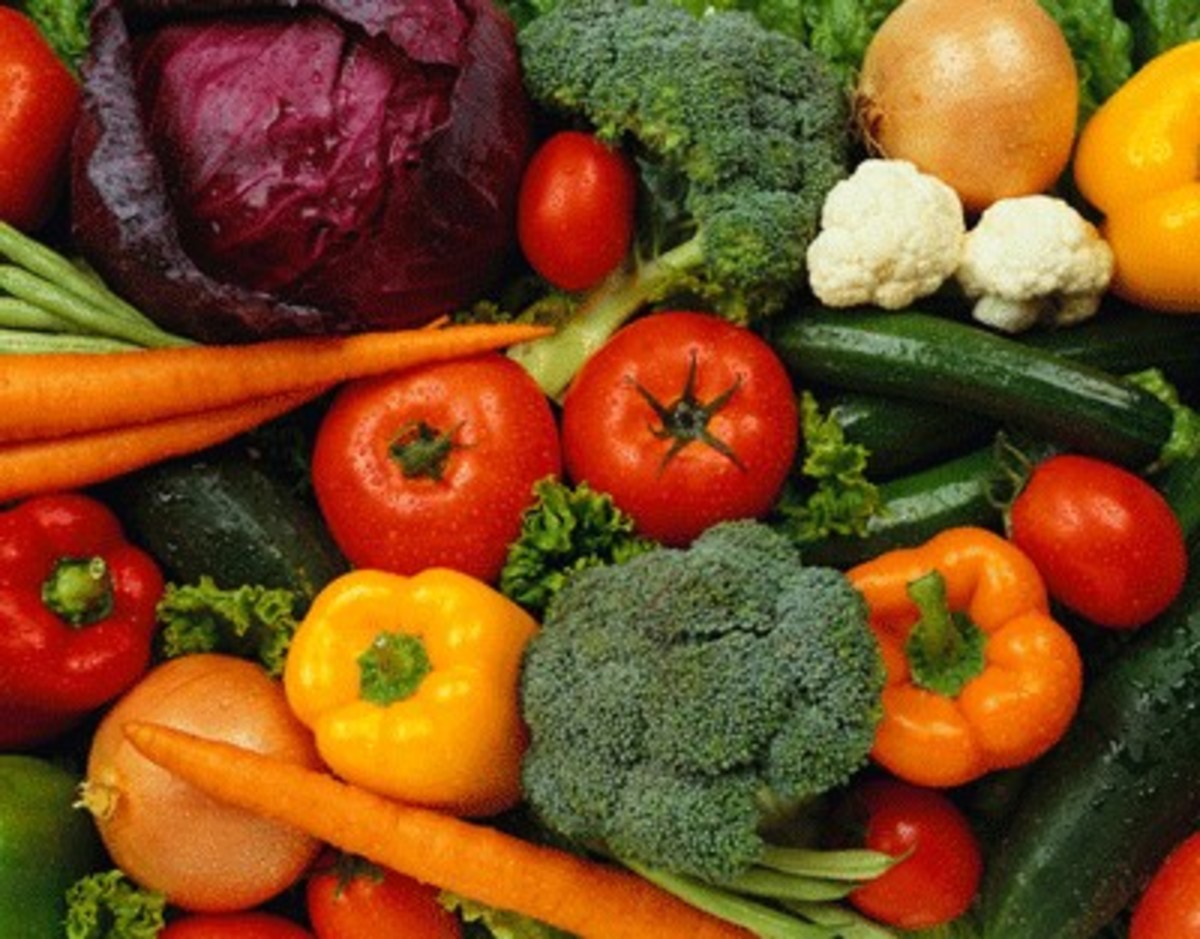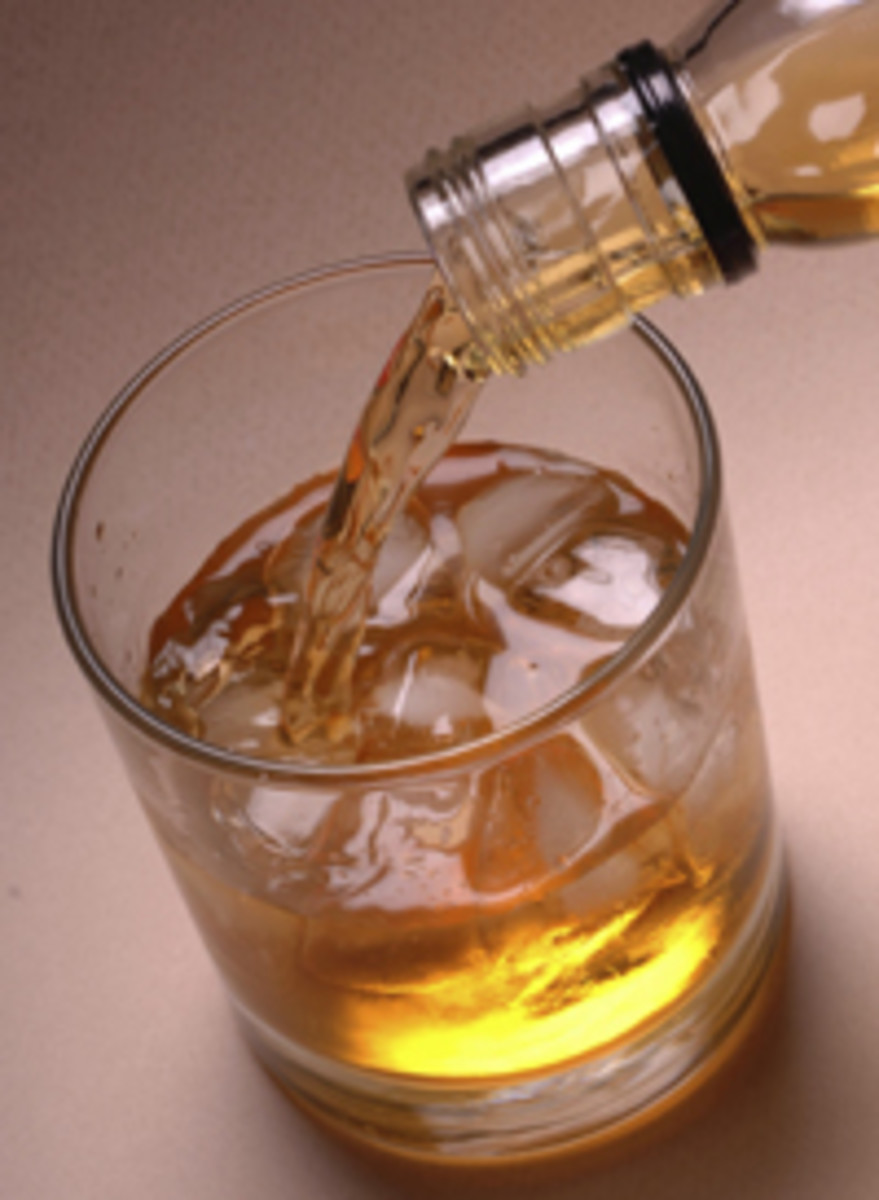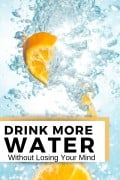How Much Water Should You Drink Per Day?
Water
Well, if you ask the experts, you'll get a myriad of different answers.
I'm going to try to keep this simple, yet somewhat interesting.
Understand that fluid metabolism is done by the kidneys. The kidneys also have many other functions not related to fluid metabolism. Vitamin D is hydroxylated by the kidneys. This is the only form of vitamin D your body actually uses.
I mention this because it makes sense not to overtax the kidneys unnecessarily. Two ways that many people (mostly Americans) overwork the kidneys are too much sodium, and too much protein. The kidneys are charged with removing excess sodium, as well as nitrogen from the body. Every amino acid has nitrogen attached. Every protein is made up of peptide bonded amino acids. Next time you have a physical with a metabolic panel, pay attention to your urea nitrogen levels. If they're high, you may be getting too much protein, not enough water.
Lets go here right away: There is not a single shred of evidence that one should consume 8, 8 ounce glasses of water per day. NONE!
For many people, this may actually be too much. For someone like myself, an avid weightlifter, fitness enthusiast, someone who consumes a great deal of protein (I mean as much as 300 grams per day), as well as a good amount of sodium, my fluid requirements are quite high. That said, I still never set a number to the amount that I need. It's virtually impossible to quantify.
Drinking too much water is harmful. It could actually be fatal! I suspect no one reading this is going to die from hyperhydration (water intoxication), so I'll talk about sodium and other electrolytes. Hyperhydration affects brain function. It does so by radically changing the ratio and balance of electrolytes. Yes, sodium, potassium, calcium, magnesium, chloride, phosphate, and bicarbonate all have to remain in balance. Am I going to tell you what that balance is? Nope. Know why? #1, I am not a doctor. #2, This is an individual ratio. At least to some extent.
Drink water when you're thirsty. Not just then, but try to consume moderate amounts of water throughout the day. I try to remain consistent through the day. I feel I'm less likely to retain water if my body knows it's always available. sidebar: drinking too little water will make you retain water.
If you consume large amounts of coffee, alcohol (need more potassium if your alcohol consumption is high. It's the electrolyte imbalance that's responsible for your hangover (if you get them [haha]), sodium or protein, your fluid requirements are higher. I say "fluid" because it doesn't have to be plain water. Anything that you drink, excluding some liquors, contains water. Juices, milk, soda (if you drink it, YUCK), beer, soups all contain water.Many fruit juices, vegetable juices, as well as milk are very high in electrolytes. For those of you dieting, bear in mind that they're also high in sugars. Even milk.
So, those things may be a favorable alternative to plain water. Seltzers and other sodas are NOT a good way to hydrate! Carbonated beverages are high in phosphorus. Too much phosphorus can actually leach some of the calcium from your bones.
I could go into more detail, but these things should give you an idea of how to keep yourself properly hydrated.

